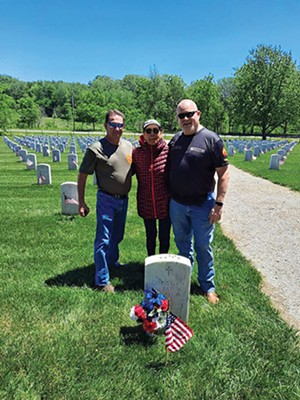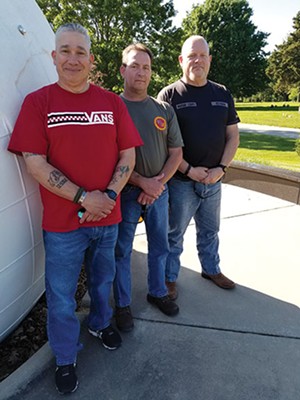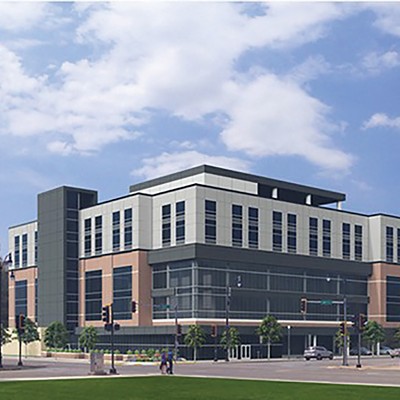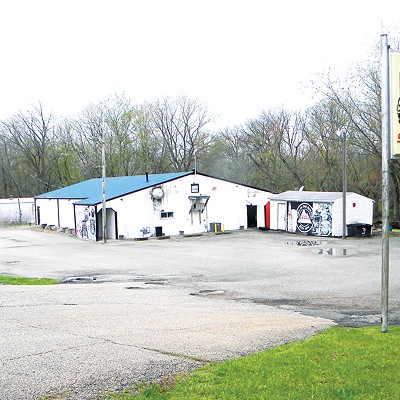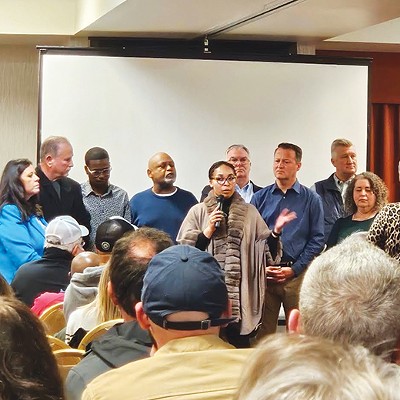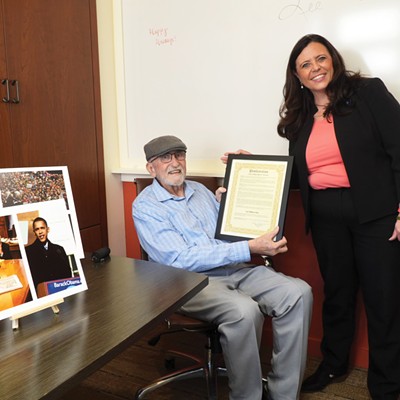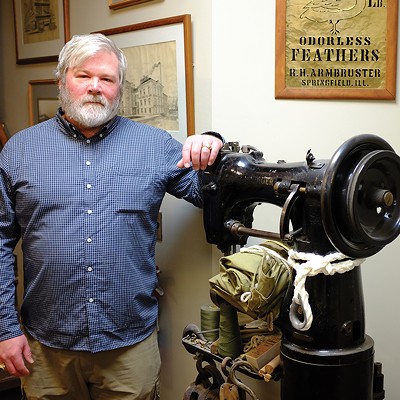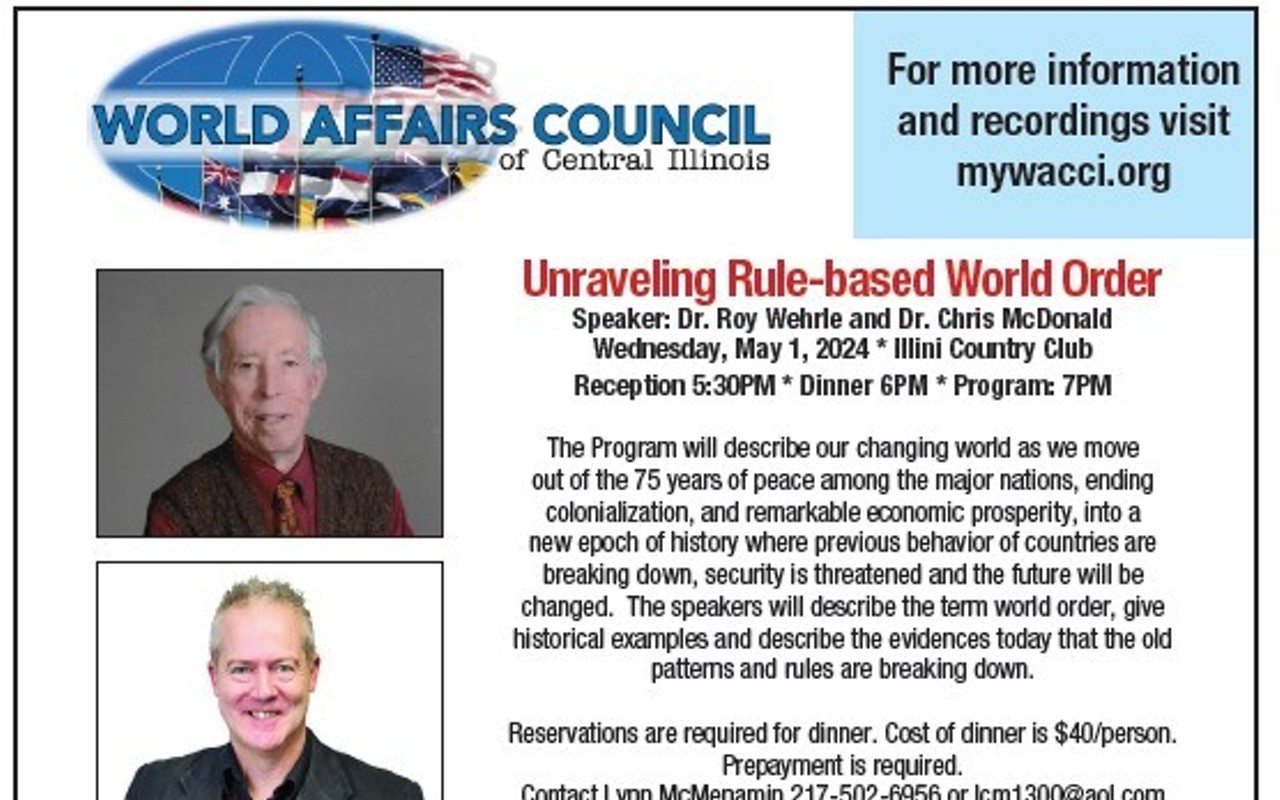We welcome letters. Please include your full name, address and telephone number. We edit all letters. Send them to [email protected].
—-
A WELCOME VISIT
Saturday of Memorial Day Weekend was an extraordinary day for me. I was visited by three very special Marine veterans who served with my son, Marine Lance Corporal Christian Porter, during Operation Desert Storm (1991) and were with him at the end of his life.
David Prindle came from Quincy, Ron Edwards from Wisconsin and Patrick Stearman from Texas. I had never met them.
Ron contacted me that they planned to visit my son's grave the Saturday before Memorial Day and wanted to meet me. Of course, I was moved. I was so gratified that after 30 years, there were Marine buddies who did not forget my Chris and would travel long distances to pay their respects to a fallen comrade.
We had important moments of sharing that were very cathartic. There were questions I could now ask. I learned that we had borne the brunt of battle in different ways.
We spent a wonderful day together having lunch and visiting historic sites. They decided to forsake holiday barbecues, parties and vacations to visit me.
I am very proud to know these vets were in service to our country and were with my son at the end of his life.
Phillipa Carroll Porter
Springfield
—-
REMEMBERING PEG KNOEPFLE
Thanks to Deborah Brothers for sharing memories of Peg Knoepfle's formative years and to Illinois Times for printing them ("A rememberance of Peg Knoepfle," May 27).
There were so many ways to know Peg, for she manifested so rich and fully. The Peg of my heart is the woman who convened the Brainchild Women's Poetry Collective in the wondrous year of 1972.
"Women have been diffident about identifying themselves as poets, as if they suspected that their own life experiences or their own styles of writing were of dubious value," Knoepfle wrote in the introduction to the collective's first anthology, published in February 1973. "Taking refuge in anonymity or in the stereotyped image of lady poets, they tend to wait – often in vain – for someone to discover them and give them permission to be serious artists."
She described Brainchild as "part of a process in which a group of women set about to discover each other as poets without prior invitation."
From that beginning, hundreds of women over a quarter century found their voices, built their communities and forged their futures. She lit the fuse, and to her and for her, each of us Brainchildren will be eternally grateful.
Sandra Olivetti Martin
Fairhaven Cliffs, Maryland
—-
APPROPRIATE TO SURMISE
Jack Carter's claim that coroner Jim Allmon shouldn't be surmising anything regarding Jaimeson Cody's death in the Sangamon County Jail stems from not just a misunderstanding of forensic science, but science in general ("Don't speculate," June 3).
Science deals in probabilities, not certainties. Moreover, the only facts are observations that scientists make with regard to predicting events or ascertaining the cause of phenomena. When the scientific probability of something approaches 100%, then we can regard the science, colloquially, as "settled." Forensic science in particular applies statistical techniques and probability models to factual evidence, the certainty upon which jurors and judges rely to draw conclusions and determine guilt or innocence in legal matters.
To surmise is to express an opinion based on incomplete evidence, which the coroner correctly did, given the verifiable gap in the video. In no part of his comment did he infer that said gap was the result of nefarious conduct, but merely that a gap lessened the evidence he had to work with.
When the coroner said he could surmise no way that Cody could have been tased on the back of his leg unless he was prone, he was establishing, by process of elimination, that the probability that he was tased there while facing up was very nearly zero.
As such, Mr. Carter is really in no position to tell the coroner what his job is.
Thomas W. Yale
Springfield

